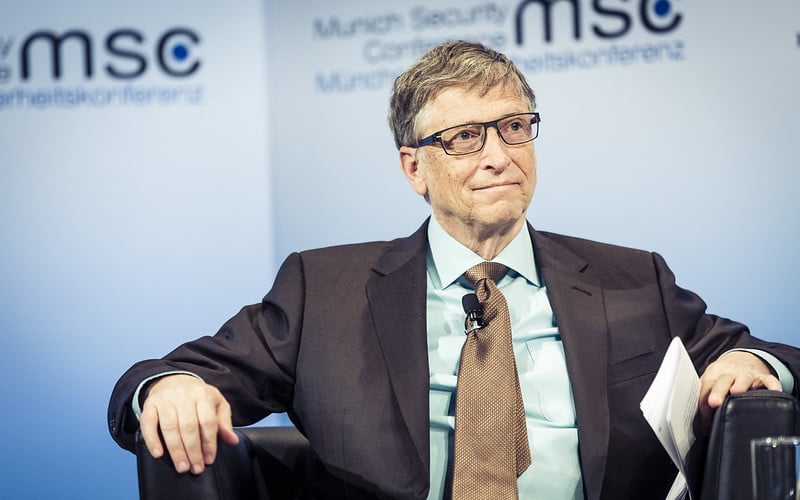In Bill Gates’ new book on climate change, “How to Avoid a Climate Disaster: the Solutions We Have and the Breakthroughs We Need,” the co-founder of Microsoft discusses what it will take to drive down greenhouse gas emissions, surveying the technologies needed to do so in sectors like steel, cement and agriculture. Bill Gates also proposed a dramatic behavioural change: people living in wealthier countries should ditch beef and move to plant-based meat alternatives.
—
What is Happening?
- In an interview with MIT Technology Review Sunday promoting his climate change book, Bill Gates said, “I do think all rich countries should move to 100% synthetic beef. You can get used to the taste difference, and the claim is they’re going to make it taste even better over time.”
- Bill Gates mentioned Beyond and Impossible, two companies making plant-based beef burger alternatives. He says that while these meat alternatives currently represent less than 1% of the meat in the world, they have quality and cost roadmaps that make them competitive (Impossible has also recently decreased its wholesale cost by 15% in a bid to achieve cost parity with traditional meat).
- However, when asked about the potential of meat alternatives in poorer countries, Gates does not believe that they need to give up beef. In Africa, the Bill and Melinda Gates Foundation is focusing on lowering the emissions per cow using genetics.
He says, “Weirdly, the US livestock, because they’re so productive, the emissions per pound of beef are dramatically less than emissions per pound in Africa. And as part of the Foundation’s work, we’re taking the benefit of the African livestock, which means they can survive in heat, and crossing in the monstrous productivity both on the meat side and the milk side of the elite US beef lines.”
You might also like: What Are Debt-For-Nature Swaps & How Can They Be Used to Address Countries’ Climate and Debt Crises?
Regarding livestock, he says, “it’s very difficult. There are all the things where they feed them different food, like there’s this one compound that gives you a 20% reduction [in methane emissions]. But sadly, those bacteria [in their digestive system that produce methane] are a necessary part of breaking down the grass. And so I don’t know if there’ll be some natural approach there. I’m afraid the synthetic [protein alternatives like plant-based burgers] will be required for at least the beef thing.”
- He thinks the shift to plant-based meat at scale is possible over time, saying, “Eventually, that green premium is modest enough that you can sort of change the [behaviour of] people or use regulation to totally shift the demand.”
- Livestock production represents a large proportion of agriculture’s contribution to greenhouse gas emissions, and wealthier nations are mostly to blame for this; Oxfam revealed that the richest 1% is responsible for double the carbon emissions as the poorest 1%, meaning that if just wealthy nations switch to meat alternatives, this will have a massive impact.
Featured image by: Flickr

















